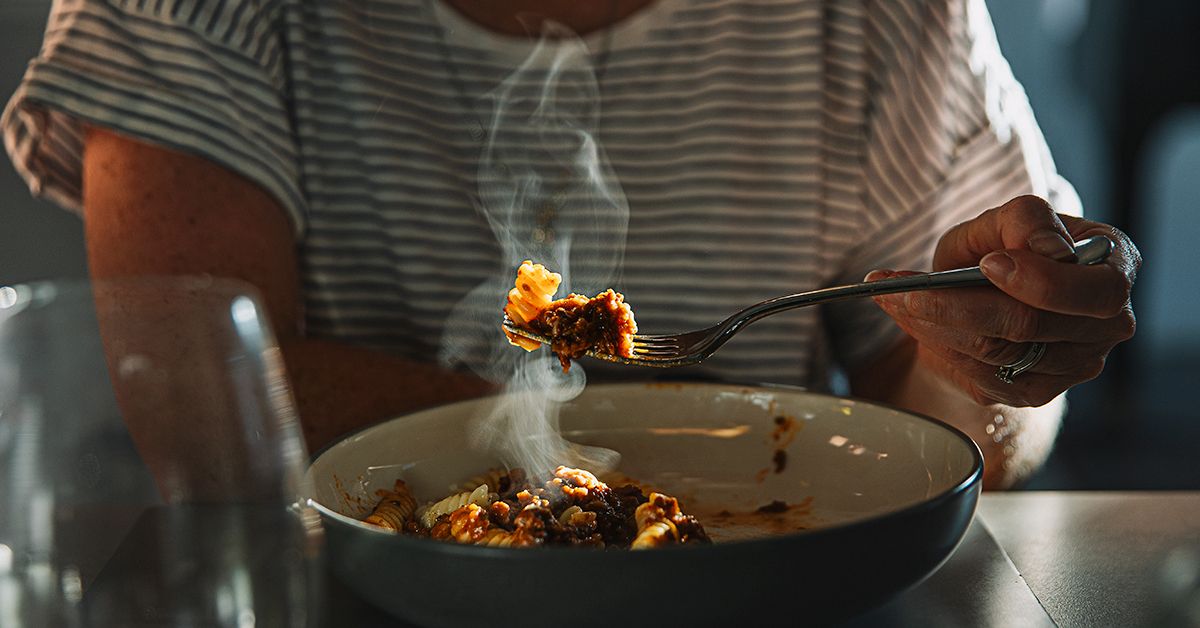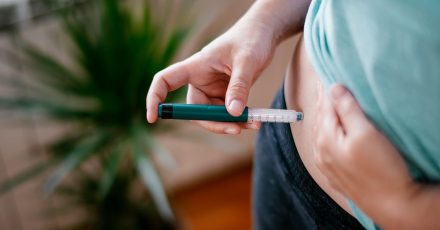A new study suggests GLP-1 weight-loss medications such as semaglutide (found in Ozempic and Wegovy) are less effective for people whose overeating is driven by emotions like depression, boredom, or anxiety than for those who overeat in response to external cues such as the sight or smell of food.
Study details and findings
Researchers followed 92 people in Japan with type 2 diabetes who began GLP-1 treatment, assessing them at baseline, three months, and 12 months. They measured body weight, body composition, diet patterns, and blood markers including glucose and cholesterol. Participants were categorized by dominant eating behavior: emotional eating (eating in response to negative emotions), external eating (eating in response to food cues), and restrained eating (conscious dietary restriction).
Overall, participants experienced reductions in weight, cholesterol, and body fat percentage during the year of treatment; glucose improvements were observed but were not statistically significant. However, benefits were more pronounced and longer-lasting for people with external eating patterns. Those with emotional or restrained eating patterns tended to revert to baseline habits by one year, limiting the long-term effectiveness of the medication for those groups.
Why emotional eating may reduce drug effectiveness
GLP-1 receptor agonists suppress hunger signals and reduce appetite, which can help when overeating is driven by physiological hunger or by environmental cues. But when overeating is a coping response to emotions, simply reducing hunger may not address the underlying drivers, so weight loss may be smaller or short-lived. The study’s senior author, Daisuke Yabe, MD, said GLP-1 drugs are less expected to be effective when emotional eating is the primary cause of weight gain.
Clinical implications and expert views
Clinicians not involved in the study say assessing a patient’s relationship with food is important before prescribing weight-loss medication or recommending bariatric surgery. Mir Ali, MD, a bariatric surgeon, advised that patients with suspected emotional eating should be evaluated by mental health professionals before pursuing surgical or pharmacologic interventions. Zhaoping Li, MD, emphasized tailoring care to each person’s reasons for overeating.
Dietitian Kristin Kirkpatrick noted the study’s insights are useful despite its small size. She suggested combining medications with education and behavioral support to promote mindful or intuitive eating and to prepare patients for the risk of returning to previous patterns if the medication is stopped.
Practical approaches for different eating patterns
– External eating: Treatments that reduce physiological hunger may be especially helpful because they reduce reactivity to food cues. Interventions can also focus on managing triggers and changing environments that prompt impulsive eating.
– Emotional eating: Behavioral or psychological therapies that address stress, mood, and coping strategies are important. Nutrient-poor comfort foods provide short-term relief but can perpetuate cycles of craving and overeating.
– Restrained eating: Encouraging a balanced, non-restrictive relationship with food and using intuitive-eating principles (allowing occasional treats without labeling foods “good” or “bad”) can reduce the risk of bingeing and guilt-driven eating.
Context and broader considerations
Obesity affects a large portion of the population—U.S. data show roughly 40% of adults are living with obesity. Semaglutide-based medications (Ozempic, Wegovy) and tirzepatide-based drugs (Mounjaro, Zepbound) have become prominent medical options for weight loss and diabetes management. While these drugs can be effective, clinicians and patients should recognize that medications address physiological appetite pathways but may not resolve psychological or behavioral drivers of overeating. Combining pharmacotherapy with psychological support, nutrition counseling, and long-term lifestyle strategies is more likely to yield durable results and reduce the chance of weight regain when treatment ends.


